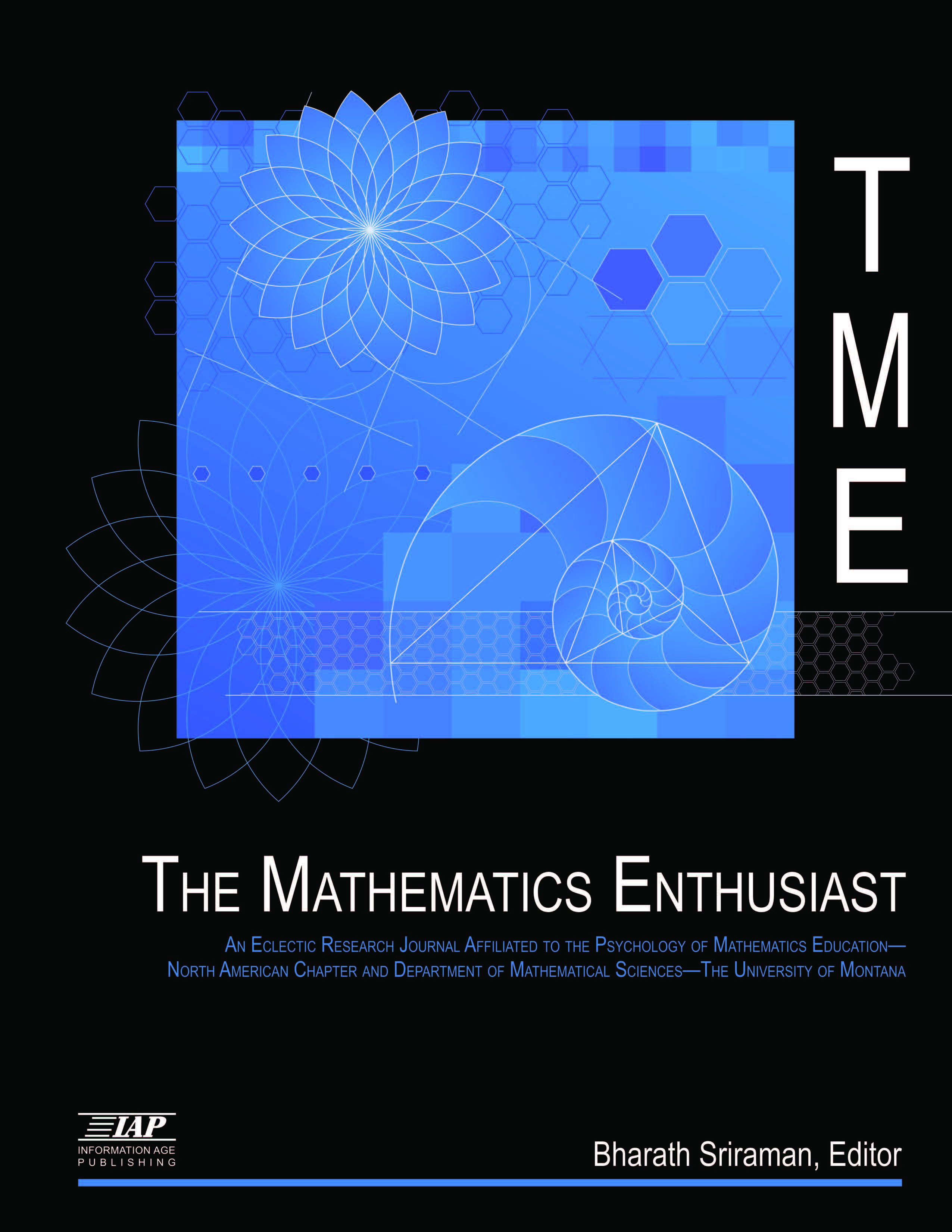
Volume
18
Issue
1-2
Abstract
DanceSport is a competitive form of ballroom dancing. At a DanceSport event, couples perform multiple dances in front of judges. This paper shows how a goal for a couple and the judges' evaluations of the couple's dance performances can be used to formulate a weighted simple game. We explain why couples and their coaches may consider a variety of goals. We also show how prominent power values can be used to measure the contributions of dance performances to achieving certain goals. As part of our analysis, we develop novel visual representations of the Banzhaf and Shapley-Shubik index profiles for different thresholds. In addition, we show that the "quota paradox" is relevant for DanceSport events.
First Page
331
Last Page
347
Recommended Citation
Cheng, Diana and Coughlin, Peter
(2021)
"DanceSport and Power Values,"
The Mathematics Enthusiast: Vol. 18
:
No.
1
, Article 21.
DOI: https://doi.org/10.54870/1551-3440.1528
Available at:
https://scholarworks.umt.edu/tme/vol18/iss1/21
Digital Object Identifier (DOI)
10.54870/1551-3440.1528
